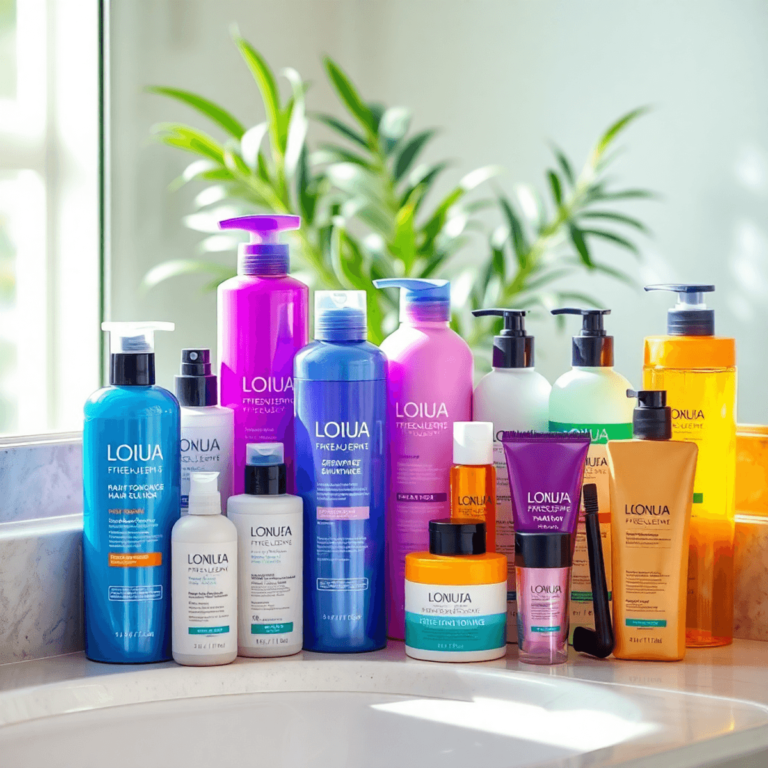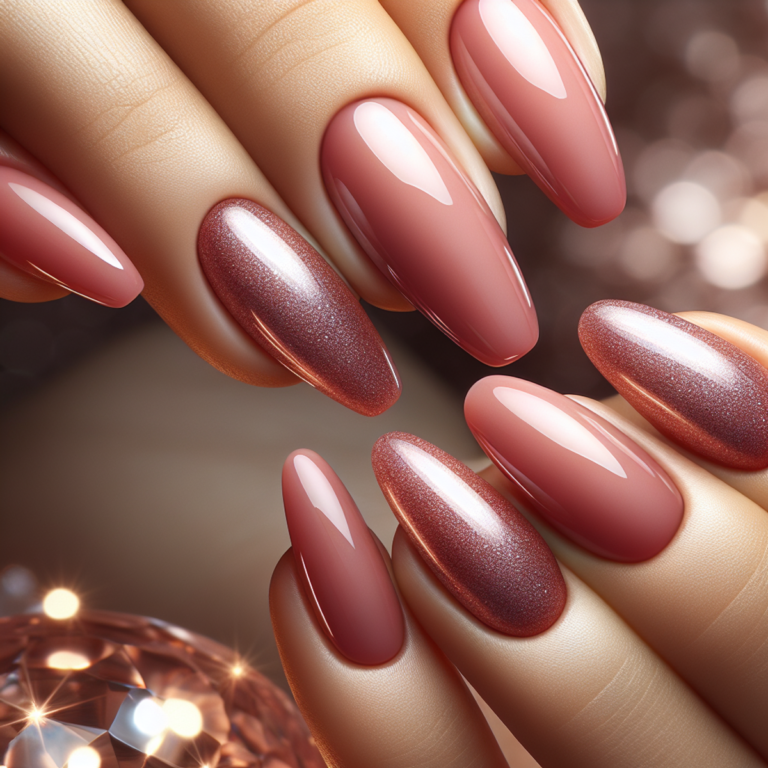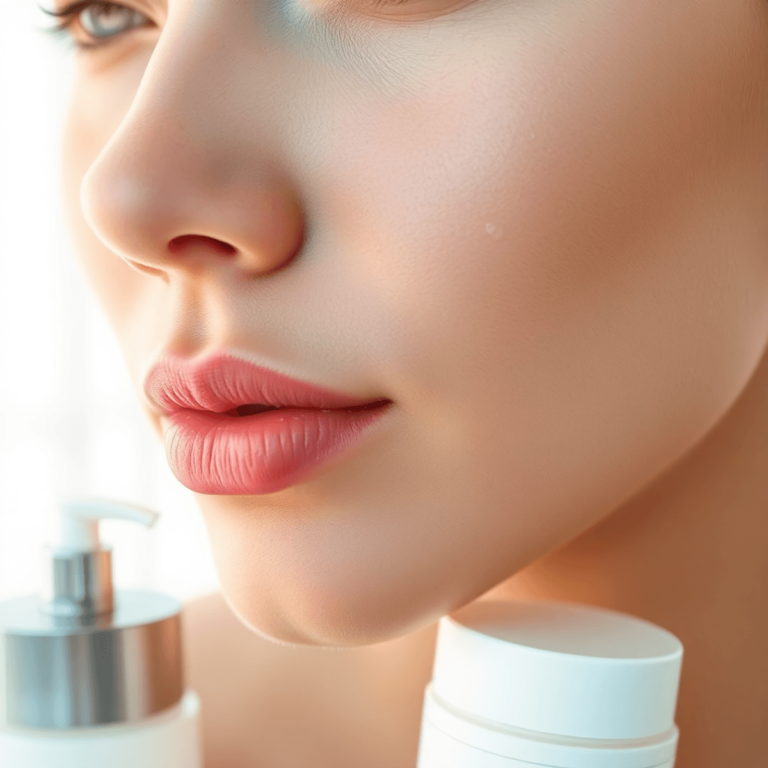How to remove pimples naturally and permanently

Introduction
Pimples and acne are common skin conditions that affect millions worldwide, characterized by inflamed or infected sebaceous glands in the skin. These frustrating blemishes appear when hair follicles become clogged with oil, dead skin cells, and bacteria, leading to those familiar red, swollen spots on your face and body.
Natural remedies offer a gentle yet effective approach to treating acne without harsh chemicals. Your skin deserves care that works with your body’s natural healing processes, not against them. These solutions can help you achieve clear skin while maintaining your skin‘s delicate balance and avoiding potential side effects associated with conventional treatments.
In this comprehensive guide, you’ll discover:
- Time-tested natural treatments for different types of acne
- Essential lifestyle changes that promote clear skin
- Stress management techniques to prevent breakouts
- Effective home remedies for pimple scars
- Professional treatment options for persistent cases
Whether you’re dealing with occasional breakouts or chronic acne, this article provides practical strategies to help you achieve and maintain clear, healthy skin. You’ll learn how to identify your specific skin concerns and create a personalized approach using natural methods that work for your unique situation.
Let’s explore these natural solutions that can help you say goodbye to pimples – permanently.
Understanding Pimples
Pimples develop when your skin’s oil glands produce excess sebum, leading to clogged pores filled with bacteria, dead skin cells, and oil. This process triggers inflammation, resulting in those familiar red, swollen bumps on your skin.
Common Causes of Pimples:
- Hormonal changes during puberty, menstruation, or pregnancy
- Genetic predisposition to acne
- Diet high in refined sugars and dairy
- Excessive sweating without proper cleansing
- Using comedogenic skincare products
- Touching your face frequently with unwashed hands
Types of Acne You Need to Know:
- Whiteheads: Closed pores filled with oil and dead skin cells
- Blackheads: Open pores exposed to air, causing oxidation
- Papules: Small, tender red bumps
- Pustules: Pus-filled inflammations with white centers
- Nodules: Large, painful bumps deep under the skin
- Cystic Acne: Severe, deep inflammations filled with pus
The Hormone-Acne Connection
Your hormones play a crucial role in pimple formation. Androgens – the male hormones present in both males and females – stimulate your sebaceous glands to produce more oil. These hormonal fluctuations explain why you might experience breakouts:
- During teenage years
- Before menstrual periods
- Throughout pregnancy
- When experiencing high stress levels
Identifying Your Acne Type
Hormonal Acne:
- Appears along jawline and chin
- Follows monthly cycles
- Deep, painful cysts
Bacterial Acne:
- Spreads across face
- Surface-level inflammation
- Responds well to antibacterial treatments
Fungal Acne:
- Uniform, itchy bumps
- Appears in clusters
- Common in hot, humid conditions
Understanding your specific type of acne helps determine the most effective treatment approach for clear, healthy skin.
Lifestyle Changes for Healthy Skin
Your daily habits play a crucial role in achieving clear, blemish-free skin. Let’s explore two fundamental lifestyle changes that can transform your skin health.
Hydration: Your Skin’s Best Friend
- Drink 8-10 glasses of water daily to maintain skin elasticity
- Water helps flush out toxins that contribute to acne formation
- Keep a water bottle nearby as a reminder to stay hydrated
- Track your water intake using smartphone apps
- Consider herbal teas as a hydrating alternative
Sleep Quality: Nature’s Beauty Treatment
- Aim for 7-9 hours of uninterrupted sleep
- Your skin repairs itself between 10 PM and 2 AM
- Create a sleep schedule and stick to it
- Use silk pillowcases to prevent friction-induced breakouts
- Keep your bedroom temperature between 60-67°F (15-19°C)
Practical Sleep Tips for Better Skin
- Remove makeup before bed
- Position your head slightly elevated to prevent fluid retention
- Change pillowcases twice weekly
- Avoid screen time 1 hour before bed
- Use a humidifier in your bedroom
Hydration Strategies Throughout the Day
- Start your morning with a glass of water
- Set hourly reminders to drink water
- Eat water-rich foods like cucumbers and watermelon
- Carry a reusable water bottle
- Drink a glass of water before each meal
Your skin responds quickly to these lifestyle changes. Many people notice improvements in their skin’s texture and appearance within 2-3 weeks of implementing consistent hydration and sleep routines. These habits work together – proper hydration supports quality sleep, while good sleep helps your body maintain proper hydration levels.
Stress Management Techniques for Clear Skin
Your stress levels directly impact your skin’s health through hormone fluctuations. When you’re stressed, your body produces excess cortisol, triggering increased oil production in your skin glands. This surge in oil creates the perfect environment for acne-causing bacteria to thrive.
Key Stress-Acne Connections:
- Elevated cortisol leads to inflammation
- Stress hormones increase sebum production
- Anxiety can trigger skin picking behaviors
- Poor sleep quality from stress affects skin repair
Implementing effective stress management practices can significantly reduce acne breakouts. Here are proven techniques to help you maintain clear skin:
1. Mindful Meditation
- Practice 10-15 minutes daily
- Focus on deep breathing exercises
- Use guided meditation apps
- Create a quiet, dedicated space
2. Yoga for Skin Health
- Try gentle flow sequences
- Hold stress-relieving poses like child’s pose
- Combine movement with breath work
- Practice face yoga to release tension
3. Physical Activity
- Engage in moderate exercise
- Take regular walking breaks
- Join group fitness classes
- Dance to your favorite music
4. Relaxation Rituals
- Take warm baths with essential oils
- Practice progressive muscle relaxation
- Listen to calming music
- Keep a stress journal
These stress management techniques work best when practiced consistently. Start with one method that resonates with you and gradually incorporate others into your daily routine. Your skin responds positively to reduced stress levels, leading to fewer breakouts and clearer complexion.
Natural Remedies for Pimples
Nature offers powerful solutions for treating pimples effectively. These time-tested remedies work by targeting bacteria, reducing inflammation, and promoting skin healing.
Essential Oils for Acne Treatment
- Tea Tree Oil: Mix 1-2 drops with a carrier oil for a potent antibacterial treatment. Apply directly to pimples using a cotton swab.
- Clove Oil: Known for its antimicrobial properties, dilute 1 drop with 10 drops of coconut oil before application.
- Lavender Oil: Reduces inflammation and promotes healing. Add 3 drops to your regular moisturizer.
Herbal Solutions
- Aloe Vera Gel: Apply fresh gel directly to affected areas for its anti-inflammatory benefits and cooling effect.
- Green Tea: Use cooled tea bags as a compress or mix green tea extract with your face mask.
- Neem Leaves: Create a paste with water and apply it as a spot treatment.
Safe Application Guidelines
- Perform a patch test 24 hours before using any new remedy
- Never apply essential oils directly without dilution
- Use clean tools and hands when applying treatments
- Store natural remedies properly to maintain their effectiveness
Quick-Relief Solutions
- Ice cube therapy: Wrap ice in cloth and apply for 30 seconds
- Honey mask: Apply raw honey for 15 minutes
- Apple cider vinegar: Dilute with water (1:3 ratio)
Dark Spot Treatment
- Lemon juice: Apply diluted juice to dark spots
- Potato slices: Place directly on marks for 10 minutes
- Turmeric paste: Mix with honey for spot treatment
These natural remedies require consistent application for visible results. Your skin might need time to adjust to new treatments, so start with gentle applications and gradually increase frequency based on your skin’s response.
Consistent Skincare Routine for Acne-Free Skin
A well-structured skincare routine serves as your daily defense against pimples and breakouts. Your skin needs gentle yet effective care to maintain its natural balance and prevent future breakouts.
Essential Steps for Your Daily Routine:
1. Morning Cleanse
- Use a gentle, pH-balanced cleanser
- Avoid hot water – lukewarm is best
- Pat dry with a clean towel
2. Evening Double Cleanse
- First cleanse removes makeup and sunscreen
- Second cleanse deep cleans pores
- Use circular motions for better circulation
Non-Comedogenic Products: Your Skin’s Best Friend
Non-comedogenic products are specifically formulated to prevent pore blockages. These products contain ingredients that won’t clog your pores or trigger breakouts.
Key Benefits:
- Reduces risk of new pimples
- Allows skin to breathe
- Maintains natural oil balance
- Prevents makeup-related breakouts
Choosing the Right Products:
Look for these labels on your skincare items:
- Oil-free
- Non-comedogenic
- Non-acnegenic
- Won’t clog pores
Smart Product Selection Tips:
- Check ingredient lists for potential irritants
- Patch test new products for 24 hours
- Introduce one new product at a time
- Choose water-based formulations over oil-based ones
Quick Response for Sudden Breakouts:
- Apply ice wrapped in cloth for 1-2 minutes
- Use spot treatments with salicylic acid
- Keep hands away from affected areas
- Change pillowcases frequently
Remember to maintain consistency with your chosen routine. Your skin needs time to adjust to new products and establish a healthy balance. A proper skincare routine helps prevent blind pimples, reduce spots, and manage sudden breakouts effectively.
Professional Help for Persistent Acne Problems
Your battle with persistent acne might require professional intervention when natural remedies haven’t delivered the desired results. Here are key indicators that signal it’s time to consult a dermatologist:
Signs You Need Professional Help
- Acne that persists for several months despite consistent skincare
- Deep, painful cystic acne that leaves scars
- Widespread breakouts across face, chest, and back
- Severe inflammation and redness
- Emotional distress affecting daily life
- Multiple failed attempts with over-the-counter treatments
Professional Treatment Options
Prescription Medications
- Topical retinoids to unclog pores and reduce inflammation
- Antibiotics to fight bacterial infections
- Birth control pills for hormone-related acne
- Isotretinoin for severe cystic acne
- Spironolactone for hormonal acne in women
Advanced Dermatological Procedures
- Chemical peels to remove dead skin cells
- Light therapy targeting acne-causing bacteria
- Steroid injections for large, inflamed cysts
- Extraction procedures for stubborn blackheads
- Laser treatments for active acne and scarring
What to Expect During Your First Dermatologist Visit
- Detailed skin examination
- Discussion of medical history
- Analysis of current skincare routine
- Custom treatment plan development
- Regular follow-up appointments
Professional treatments often provide faster results compared to home remedies. A dermatologist can combine different approaches based on your specific skin type and acne severity. They’ll monitor your progress and adjust treatments as needed, ensuring the most effective path to clear skin.
Your dermatologist might also identify underlying health conditions contributing to your acne, such as hormonal imbalances or dietary sensitivities. This comprehensive approach addresses both symptoms and root causes of persistent acne.
Pimple Scar Removal Strategies You Can Try at Home
Healing pimple scars naturally requires patience and consistent application of proven home remedies. You can start your scar-healing journey with these effective treatments:
Natural Acids for Scar Fading
- Apply fresh lemon juice directly to scars using a cotton swab
- Use apple cider vinegar diluted with water (1:3 ratio)
- Try tomato pulp masks for gentle exfoliation
Vitamin-Rich Solutions
- Massage vitamin E oil into scars before bedtime
- Apply rosehip oil rich in vitamin A
- Create a vitamin C serum by mixing L-ascorbic acid powder with distilled water
Kitchen Ingredients That Work
- Raw honey masks (leave on for 15-20 minutes)
- Potato slice rubbing (contains natural bleaching properties)
- Turmeric paste mixed with milk (anti-inflammatory properties)
Natural Exfoliants
- Baking soda paste (mix with water)
- Coffee grounds mixed with coconut oil
- Sugar scrub with olive oil
These remedies work best when applied consistently for 4-6 weeks. You’ll notice gradual improvement in scar appearance with regular use. Remember to patch test any new treatment on a small area first to avoid potential reactions.
For deeper scars, combine multiple treatments:
- Start with a gentle exfoliant
- Apply a vitamin-rich oil
- Lock in moisture with aloe vera gel
- Protect treated areas with sunscreen during the day
Conclusion: Embrace a Holistic Approach to Achieve Clear Skin Naturally!
Achieving clear, pimple-free skin requires dedication and a multi-faceted approach. Natural remedies work differently for each person – what transforms one person’s skin might take longer for another. Your journey to clear skin is unique, and patience is your greatest ally.
Remember these key principles for lasting results:
- Listen to Your Skin: Pay attention to how your skin responds to different treatments
- Stay Consistent: Natural remedies need time to show results – stick to your chosen routine
- Track Your Progress: Take photos weekly to document changes and stay motivated
- Combine Methods: Use multiple natural approaches for better results
Your skin reflects your internal health. A holistic approach combining proper nutrition, stress management, adequate sleep, and natural skincare creates lasting changes. Think of clear skin as a marathon, not a sprint.
Quick Tips for Success:
- Start with gentle treatments
- Patch test new remedies
- Keep your skincare routine simple
- Stay hydrated
- Maintain a balanced diet
You’ve learned valuable tools to tackle pimples naturally. Trust the process, stay committed to your skincare journey, and watch your skin transform. Clear, healthy skin awaits you – take the first step today.
FAQs (Frequently Asked Questions)
What are the natural ways to remove pimples permanently?
Natural remedies for removing pimples permanently include maintaining a consistent skincare routine, staying hydrated, managing stress, and using essential oils like tea tree oil and aloe vera gel. Additionally, adopting a healthy diet and lifestyle changes can significantly improve skin health.
What causes pimples and different types of acne?
Pimples are caused by clogged pores due to excess oil, dead skin cells, and bacteria. Different types of acne include cystic acne, hormonal acne, and whiteheads. Hormonal fluctuations can also play a significant role in acne formation.
How can lifestyle changes help in achieving healthy skin?
Lifestyle changes such as staying hydrated, improving sleep quality, and managing stress can greatly enhance skin health. Drinking plenty of water helps keep the skin moisturized, while good sleep supports hormone regulation and skin recovery.
What natural remedies can I use for treating pimples?
Effective natural remedies for treating pimples include using tea tree oil for its antibacterial properties, applying aloe vera gel for soothing inflammation, and utilizing clove oil for its antiseptic qualities. Always ensure to use these remedies safely to avoid irritation.
When should I seek professional help for acne problems?
You should consider seeking professional help if you experience severe or persistent acne that does not respond to home treatments. Signs may include frequent breakouts, painful cysts, or scarring. Professionals can offer treatments like prescription medications or dermatological procedures.
How can I effectively remove pimple scars at home?
To effectively remove pimple scars at home, you can use natural treatments such as lemon juice or vitamin E oil. These remedies help lighten scars over time. Consistency is key; however, it’s important to be patient as natural methods may take longer to show results.










